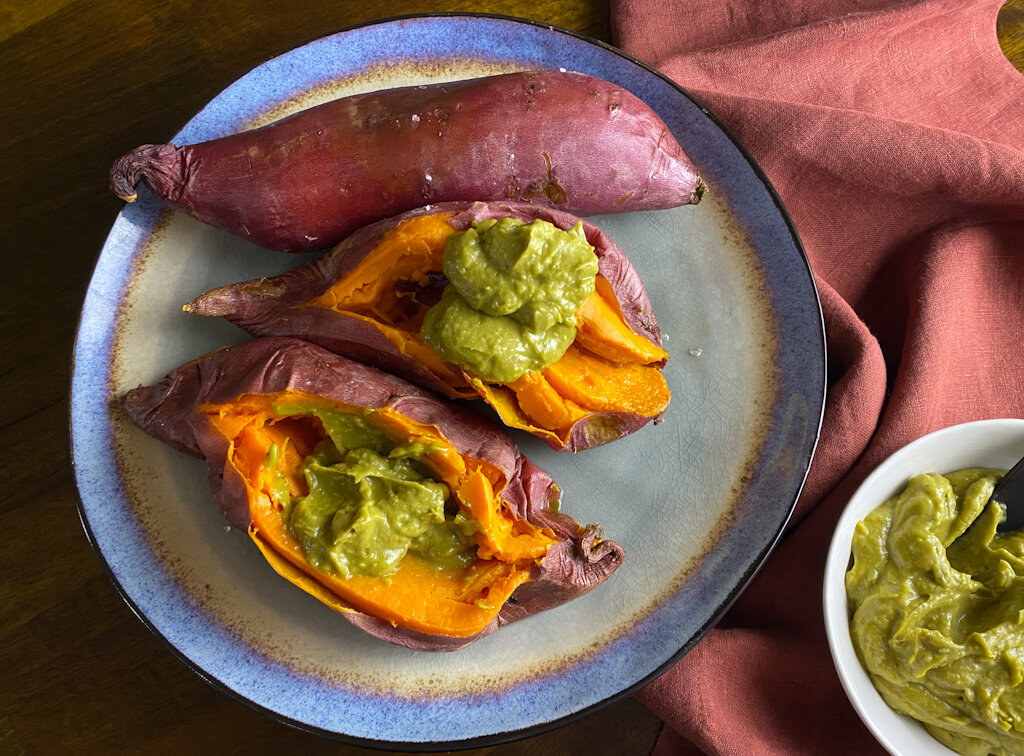By Leslie Brenner
Editor’s note: Women have a history of writing the best cookbooks. That’s why throughout March — Women’s History Month — we’ll be featuring cookbooks by our favorite female authors.
It is history itself that animates the books of Toni Tipton-Martin, a culinary historian, writer, editor and cook who has become a powerful force for amplifying, celebrating and honoring the voices of Black cooks throughout American history.
In 2015, Tipton-Martin published her award-winning The Jemima Code: Two Centuries of African-American Cookbooks, which she followed in 2019 with Jubilee: Recipes from Two Centuries of African American Cooking.
[Read more about Toni Tipton-Martin’s Jubilee.]
Its pages are filled with delicious recognition of the contribution of African American cooks and chefs — and include some of our favorite recipes of the last year. I’m forever attached to Jubilee’s Pickled Shrimp, to Tipton-Martin’s Country-Style Potato Salad and to her Pork Chops in Lemon-Caper Sauce.
Its historical depth is just as appetizing — for instance a deep dive into green gumbo — gumbo z’herbes — that inspired an upcoming Cooks Without Borders story.
In September, Tipton-Martin — who began her career at the Los Angeles Times, and later led food coverage at the Cleveland Plain Dealer as its food editor — was named editor in chief of Cook’s Country.








